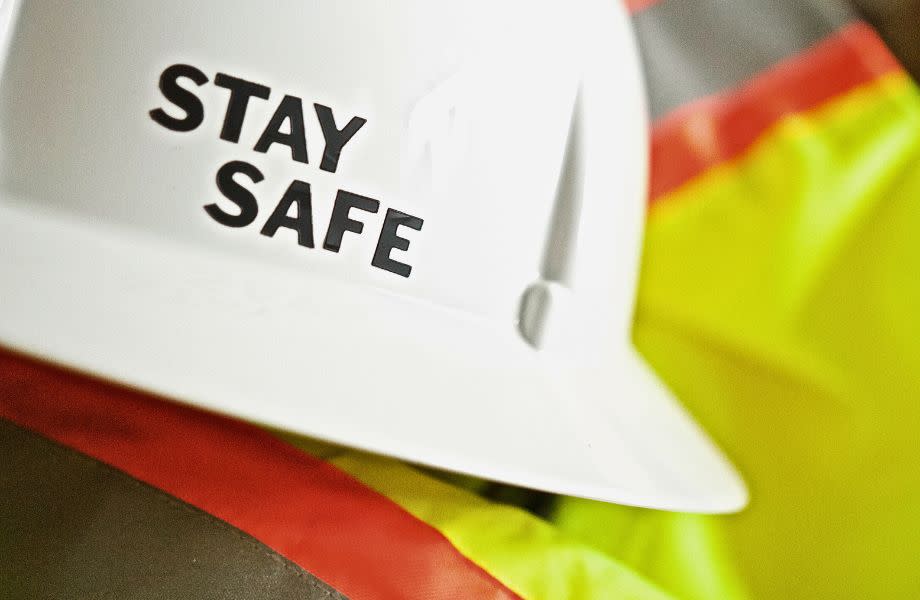Builder Due Diligence Ends Just As Delivery Risk Begins

It’s been widely reported that lenders (both bank and non-bank) have stepped up financial due diligence in response to heightened construction costs and the ensuing builder insolvency risk. It makes sense but unfortunately, it’s no guarantee they (or those they are lending to) will be spared.
We’ve spoken at length about the limitations of ‘point-in-time’ due diligence checks previously [do we really expect a distressed builder to share information that would harm their chances of winning a contract?] but, even if you can get comfortable with your builders’ current financial position, very few developers have any meaningful way of protecting themselves should their builder run into trouble after they’ve signed the contract.
No check can predict the terms or financial impact of any new contracts your builder may take on during your build; however, it’s safe to assume that not all projects your builder takes on will be profitable. They’ll likely be in a very different financial position in 3-6 months’ time but you’ll be in the dark, with just a monthly ‘stat dec’ for reassurance that all is well.
You can’t stop your builder from getting into financial trouble, but IPEX can help you stop them using funds intended for your project to get themselves out of it.

Ongoing DD: Step 1—Prevent builders using progress payments to cashflow other projects
Ring-fencing your funds to your project is a logical first step but a trust account alone won’t achieve this; IPEX adds practical controls that prevent a builder from using progress payments to cashflow another project, even if they’re in extreme financial distress.
Of course, builders can access payment for their preliminaries, margin and any direct costs, but funds equal to the value of works performed by subcontractors are set aside and off-limits. It’s a steep slippery slope once a builder starts ‘borrowing’ these funds and you really don’t want to become an involuntary ‘donor’ covering another developers’ shortfall.
Ongoing DD: Step 2—Act on ‘step in’ rights before a builder enters administration
Many builders have entered administration over the past few years, with each ultimately determined to owe large sums of money across multiple progress claims to various subcontractors and suppliers. How many of the impacted developers exercised their ‘step in’ rights as soon as their builder stopped paying their subbies? Very few.
Why? Because they either didn’t know or they couldn’t prove it. You can include all the contract protections you want but, unless you can validate [or more to the point, invalidate] the builders’ ‘stat dec’, you can’t act on them.
IPEX allows developers to confirm every subcontractor and supplier payment. If your builder claims to have paid someone they haven’t, you can identify it immediately and take action before approving the next claim. In the case of more serious/repeated breaches, you’ll have the information you need to act on existing protective clauses and even take control of the project account*.
Ongoing DD: Step 3—Protect funds already paid to the builder in an insolvency event
Even if your builder enters administration before you’ve ‘stepped in’, these practical controls have you far better placed to manage the impact and retain a level of project profitability [almost inconceivable without protections]. Any progress payment already made to the builder via IPEX has either been distributed to approved subcontractors and suppliers or remains in the account—the builder still can’t access it.
IPEX also offers a range of additional tools designed to maximise developer protection should a payment default event occur; these are typically worked into the head contract upfront so they can be called upon if needed.
Difficult for builders?
It shouldn’t be—if not to pay the subcontractors for works completed on the project, what else could a builder possibly use these funds for that would be commercially acceptable to any developer [or lender]?
IPEX has no impact on the builders’ payment and there’s no change in progress claim/payment processes. Builders can also maintain confidentiality around contract values, payment amounts and their margins while ‘proving’ that they pay subcontractors on time, which explains why it’s now being used by several builders as a sales and marketing tool.
And should a builder truly get into trouble and need developer assistance to finish, IPEX helps to confirm that their request is genuine [a payment through IPEX doesn’t help their position on any other project], increasing the probability that a new agreement can be reached.
To understand how to protect your next project against future builder cashflow issues or the impact IPEX may have under a payment default event, click here.
*Taking control of the IPEX project trust account requires all relevant IPEX clauses be incorporated into the head contract and fully executed. Not enforceable under QBCC legislation.
The Urban Developer is proud to partner with IPEX to deliver this article to you. In doing so, we can continue to publish our daily news, information, insights and opinion to you, our valued readers.















